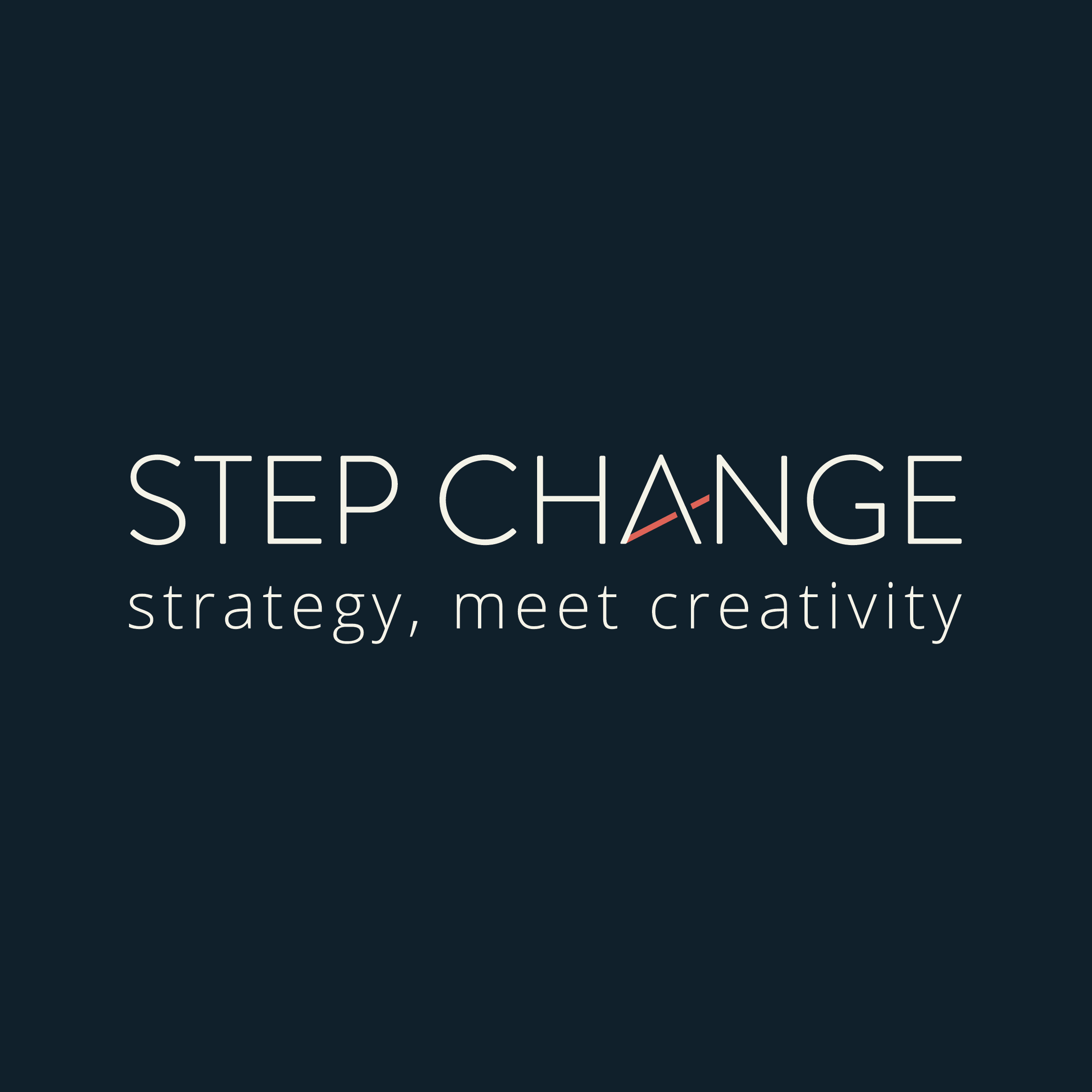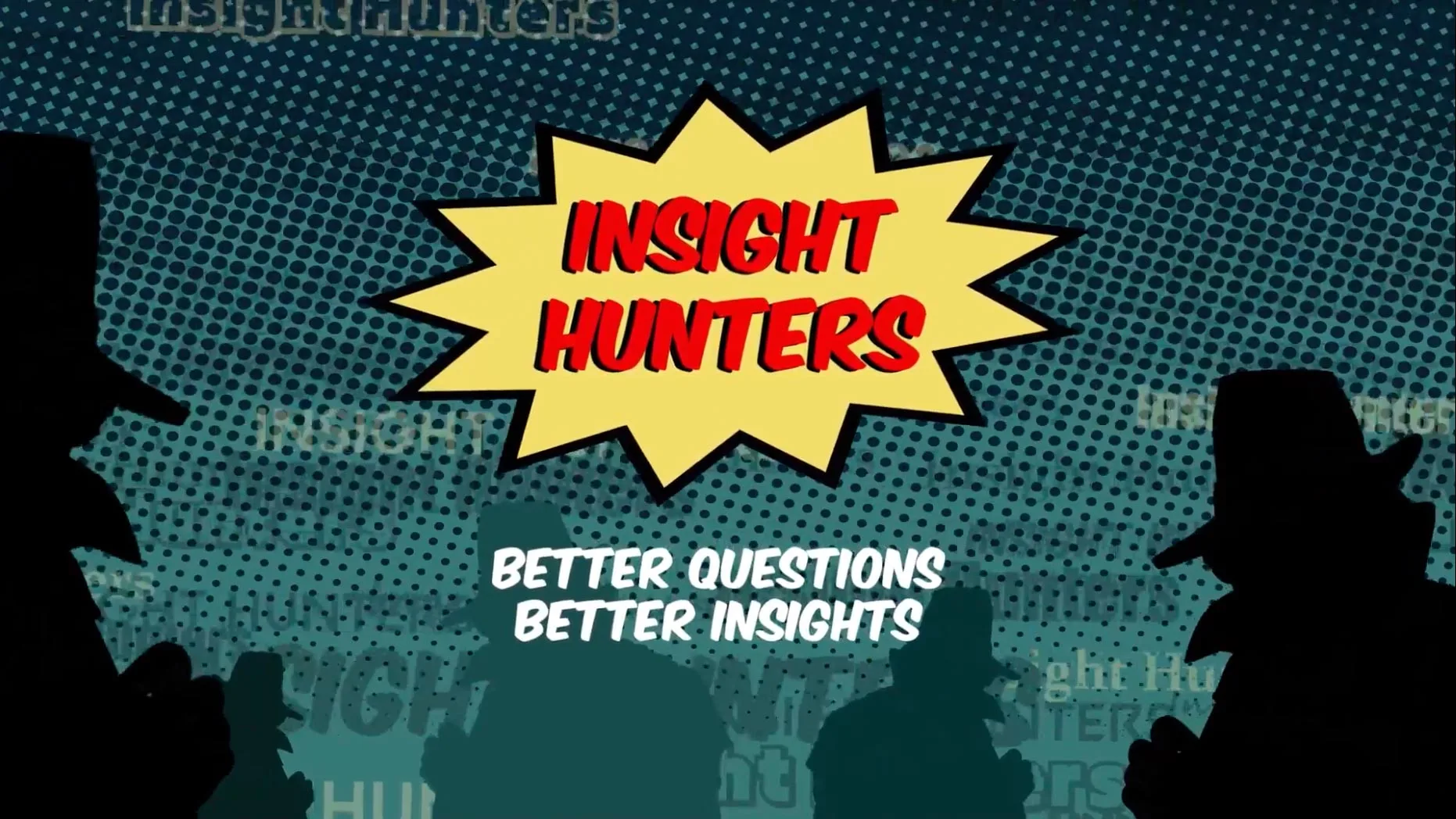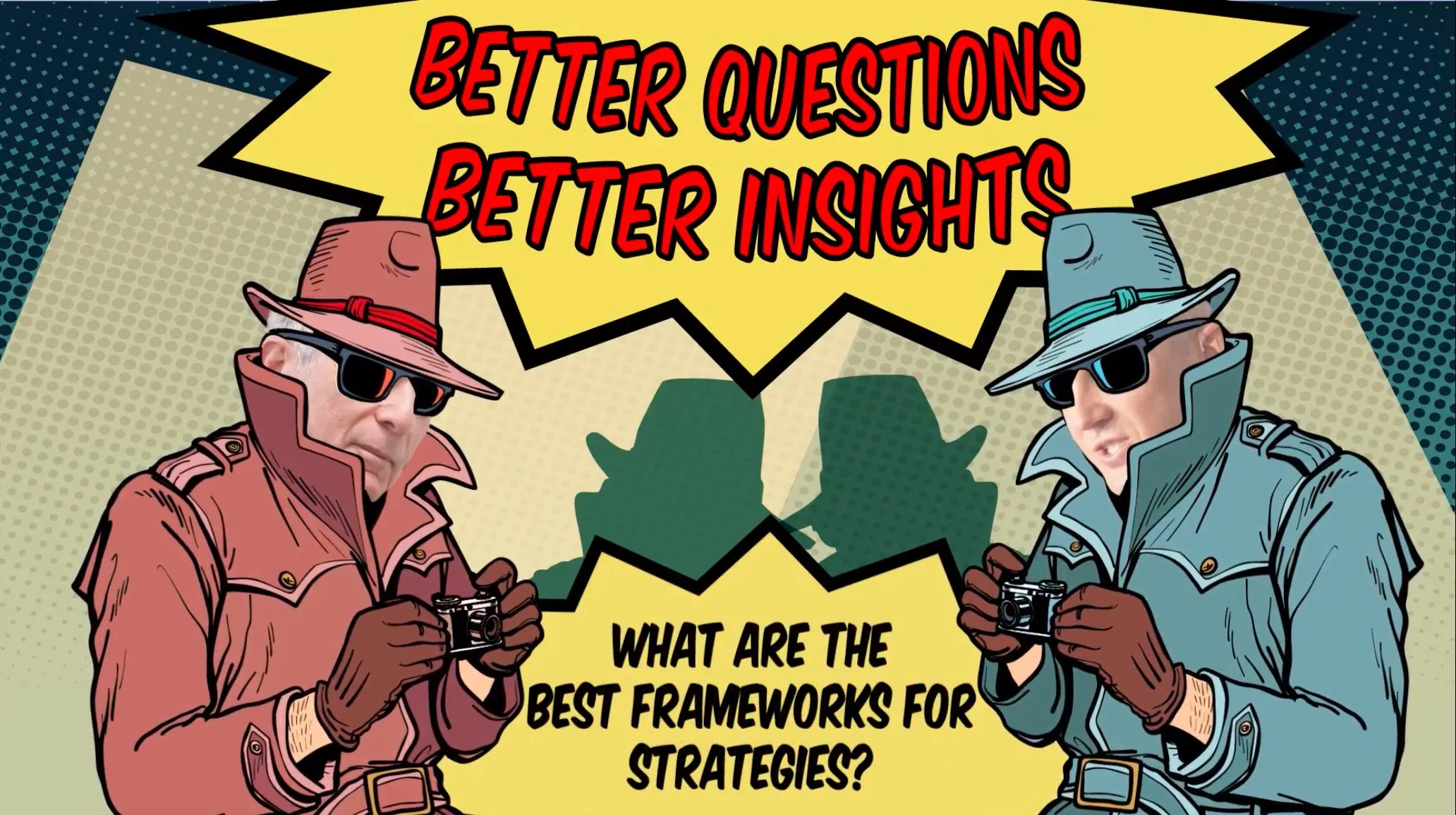In the fifth and final part of the interview, the managing director of the HR and recruitment consultancy, Checkside, reveals the top mistakes employers make in their hiring process.
This blog post is part of a 5-episode series. To watch the other episodes, click on the link below.
The following text is an edited transcript of the interview.
Jeffrey Cooper: Awesome. You’re strumming a lot of people’s pain with your fingers. As I hear the answers, I’ll remember the time that we were making some of these mistakes. What are the big mistakes people are making in the area of connecting strategy and people?
Chris Bates: The biggest one — because it has the biggest impact — is actually on the recruitment front. Granted, we need to make sure we get the employer brand and scope right before we go to recruitment, but the biggest mistake people make in recruitment is that they think it’s a search game.
The kind of mindset that they have is: “It’s hard to find good people. We need someone to just give us a list of people,” rather than actually working on the scope.
And when I say scope, it’s designing out the role; it’s providing people with an information memorandum about the business that’s very detailed. It’s the little things that make a big difference — things like discussing remuneration up-front rather than leaving it to the end so it becomes a negotiation.
Most people inadvertently lose control in the recruitment process because they don’t have the right ‘A-grade process’ in the first place. We see people giving power away to candidates all the time. So that’s probably one of the biggest mistakes.
Also, generally, there’s a concept that HR is separated from the numbers in the business. We could go on forever about connecting people to strategy, but it’s also about connecting people to numbers. The game of business is competitive; it’s a competitive sport. You have to know you’re winning. The way you know you’re winning or not in business is whether your numbers say you are or not.
JC: Well, Chris, thank you so much for your time today. Thank you so much for the help that you’re giving our business, and thank you so much for the help you’re giving all our clients’ businesses.
Get more relevant insights on business and strategy straight to your inbox weekly.
 Chris Bates is the Founder and Managing Director of Checkside. He’s responsible for setting the vision and driving the strategy of the business. He guides clients through operational succession planning, business structuring, remuneration design, and the management of senior executive recruitment projects.
Chris Bates is the Founder and Managing Director of Checkside. He’s responsible for setting the vision and driving the strategy of the business. He guides clients through operational succession planning, business structuring, remuneration design, and the management of senior executive recruitment projects.
 Jeff Cooper is Step Change’s Founding Partner. Jeff learnt his most valuable lessons in strategic thinking by spending his own money. His entrepreneurial pursuits began back in 2004 when he started his first business, designing exhibition spaces and running events, eventually giving birth to an interactive event concept later adopted by the likes of Big Day Out and other major festival organisers. A decade later, in 2014–2015, startups Jeff was involved in raising over $1m in investment, and Step Change — which he co-founded — became a multimillion-dollar strategy consultancy, serving clients across five continents. He’s a true generalist, with ownership and Board interests in businesses from retail solar to beauty and beyond, at life stages from startup to over $150m revenue annually.
Jeff Cooper is Step Change’s Founding Partner. Jeff learnt his most valuable lessons in strategic thinking by spending his own money. His entrepreneurial pursuits began back in 2004 when he started his first business, designing exhibition spaces and running events, eventually giving birth to an interactive event concept later adopted by the likes of Big Day Out and other major festival organisers. A decade later, in 2014–2015, startups Jeff was involved in raising over $1m in investment, and Step Change — which he co-founded — became a multimillion-dollar strategy consultancy, serving clients across five continents. He’s a true generalist, with ownership and Board interests in businesses from retail solar to beauty and beyond, at life stages from startup to over $150m revenue annually.




















